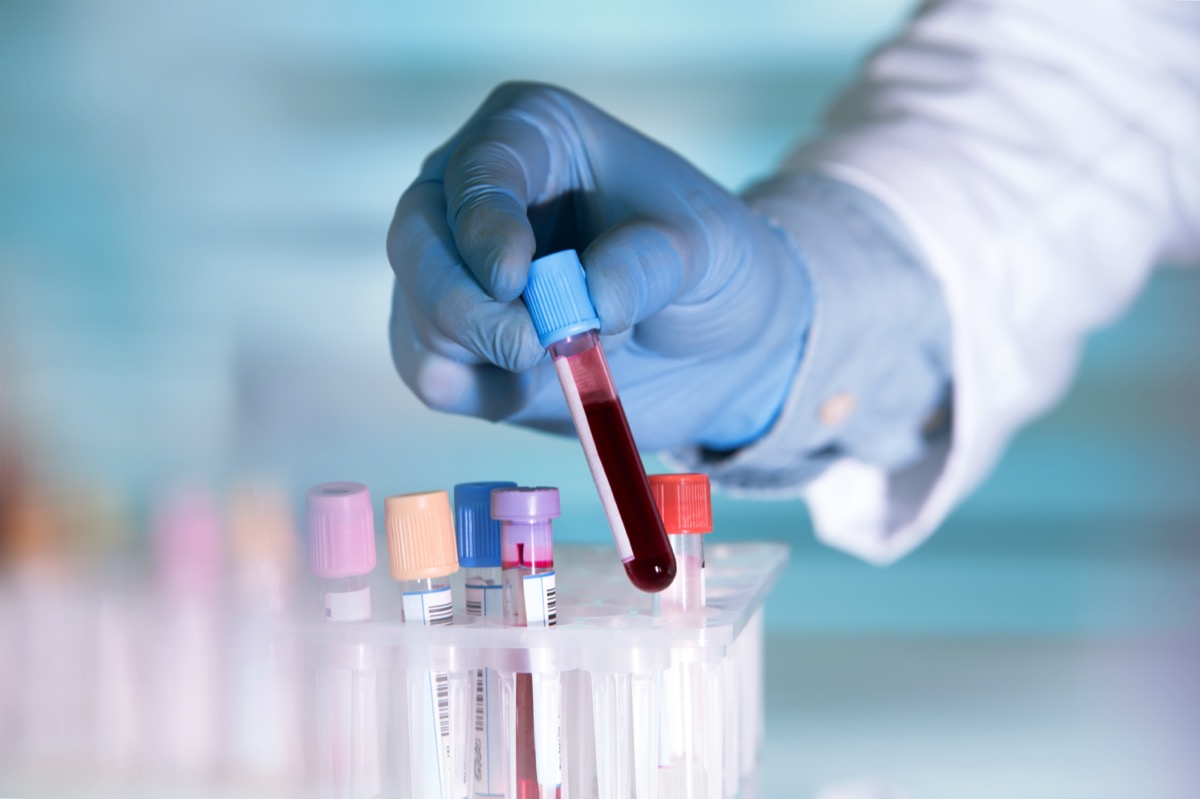Diagnosis Process
If you think you could have PCOS, you should schedule an appointment with a primary physician or gynecologist. Optionally, you can contact a reproductive endocrinologist. Tell them as much about your symptoms as you can.

As mentioned earlier, diagnosing PCOS is challenging, because there is no standardized way to do it. Doctors may check with the typical symptoms, like male-pattern hair growth or ask about your moods. They can also order the following tests to determine whether you have polycystic ovary syndrome:
• Fasting glucose and fasting insulin – often part of an oral glucose tolerance test (OGTT)
• Blood work for leutinizing hormone (LH), follicle stimulating hormone (LSH), free and total testosterone, DHEAS sulfate
• Pelvic exam
• Transvaginal pelvic ultrasound – to check the thickness of the uterine lining and ovarian health
• HA1C
If you are diagnosed with PCOS, you may need additional testing done to check your blood pressure, cholesterol and triglycerides, and your glucose tolerance. Some individuals also need to have a depression and anxiety screening. Your doctor may also discuss concerns about sleep apnea.
More from Things Health
-
Polycystic Ovary Syndrome
Polycystic ovary syndrome is an overall endocrine disorder with its prevailing manifestation on female reproduction. It is identified if any two problems of the following…
-
Bilateral Carpal Tunnel Syndrome
While creating an inability to do regular functions in one hand could make life miserable, issues occurring in both the hands could make life hell.…
-
Heart Disease And Obesity
Binge eating is regarded an eating disorder whenever you cannot stop yourself from eating a lot of food very quickly, even whenever you are not…
-
The Rarest Medical Conditions in the World
Having a disease that is more rare does not necessarily mean that it is associated with more severe symptoms, even though this is often how…
-
Mindfulness And Meditation
Meditation was found to have a favorable influence on the body, brain, and spirit. Successful direction of persistent pain, reduction in blood pressure level, and…






